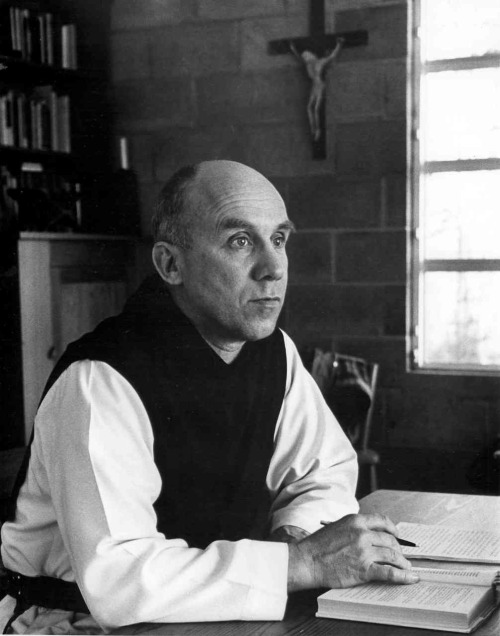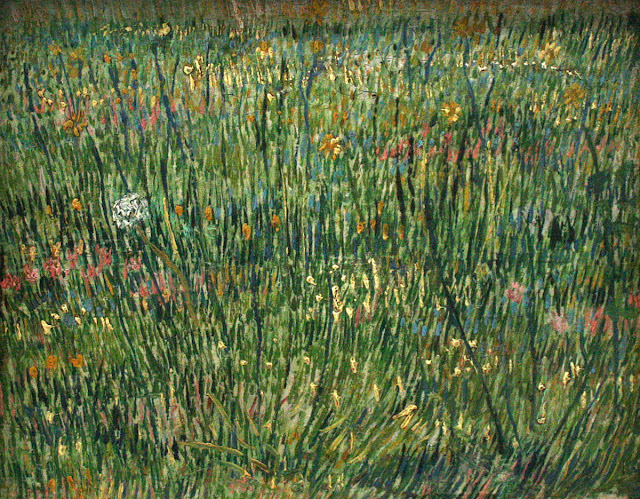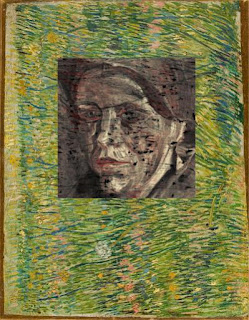.
The present war crisis is something we have made entirely for and by ourselves. There is in reality not the slightest logical reason for war, and yet the whole world is plunging headlong into frightful destruction, and doing so with the purpose of avoiding war and preserving peace! This is a true war-madness, an illness of the mind and the spirit that is spreading With a furious and subtle contagion all over the world. Of all the countries that are sick, America is perhaps the most grievously afflicted. This is a nation that claims to be fighting for religious truth along with freedom and other values of the spirit.
What are we to do? That task is to work for the total abolition of war. There can be no question that unless war is abolished the world will remain constantly in a state of madness and desperation in which, because of the immense destructive power of modern weapons, the danger of catastrophe will be imminent and probably at every moment everywhere. We may never succeed in this campaign but whether we succeed or not the duty is evident. It is the great task of our time. Everything else is secondary, for the survival of the human race itself depends on it. We must at least face this responsibility and do something about it. And the first job of an is to understand the psychological forces at work in ourselves and in society.
At the root of all war is fear, not so much the fear men have of one another as the fear they have of everything. It is not merely that they do not trust one another. They do not even trust themselves.... They cannot trust anything because they have ceased to know God.
It is not only our hatred of others that is dangerous but also and above an our hatred of ourselves: particularly that hatred of ourselves which is too deep and too powerful to be consciously faced. For it is this that makes us see our own evil in others and unable to see it in ourselves....
As if this were not enough, we make the situation much worse by artificially intensifying our sense of evil, and by increasing our propensity to feel guilt even for things that are not in themselves wrong. In all these ways, we build up such an obsession with evil, both in ourselves and in others, that we waste all our mental energy trying to account for this evil, to punish it, to exorcise it, or to get rid of it in any way we can.
We drive ourselves mad with our preoccupation and in the end there is no outlet left but violence. We have to destroy something or someone. By that time, we have created for ourselves a suitable enemy, a scapegoat in whom we have invested all the evil in the world. He is the cause of every wrong. He is the fomenter of an conflict. If he can only be destroyed, conflict will cease, evil will be done with, there will be no more war....
In our refusal to accept the partially good intentions of others and work with them (of course prudently and with resignation to the inevitable imperfection of the result) we are unconsciously proclaiming our own malice, our own intolerance, our own lack of realism, our own ethical and political quackery.
Perhaps in the end the first real step toward peace would be a realistic acceptance of the fact that our political deals are perhaps to a great extent illusions and fictions to which we cling, out of motives that are not always perfectly honest: that because of this we prevent ourselves from seeing any good or any practicability in the political ideas of our enemies--which may of course be in many ways even more illusory and dishonest than our own. We will never get anywhere unless we can accept the fact that politics is an inextricable tangle of good and evil motives in which, perhaps, the evil predominate but where one must continue to hope doggedly in what little good can still be found....
I believe the basis for valid political action can only be the recognition that the true solution to our problems is not accessible to any one isolated party or nation but that all must arrive at it by working together....
We must try to accept ourselves whether individually or collectively, not only as perfectly good or perfectly bad, but in our mysterious, unaccountable mixture of good and evil. We have to stand by the modicum of good that is in us without exaggerating it. We have to defend our real rights, because unless we respect our own rights we will certainly not respect the rights of others. But at the same time we have to recognize that we have willfully or otherwise trespassed on the rights of others. We must be able to admit this not only as the result of self-examination, but when it is pointed out unexpectedly, and perhaps not too gently, by somebody else.
These principles that govern personal moral conduct, that make harmony possible in small social units like the family, also apply in the wider areas of the state and in the whole community of nations. It is however quite absurd, in our present situation or in any other, to expect these principles to be universally accepted as the result of moral exhortations. There is very little hope that the world will be run according to them all of a sudden, as a result of some hypothetical change of heart on the part of politicians. It is useless and even laughable to base political thought on the faint hope of a purely contingent and subjective moral illumination in the hearts of the world's leaders. But outside of political thought and action, in the religious sphere, it is not only permissible to hope for such a mysterious consummation, but it is necessary to pray for it. We can and must believe not so much that the mysterious light of God can "convert" the ones who are mostly responsible for the world's peace, but at least that they may, in spite of their obstinacy and their prejudices, be guarded against fatal error....
For only love--which means humility--can exorcise the fear that is at the root of all war .
What is the use of postmarking our mail with the exhortation to 'pray for peace' and then spending billions of dollars on atomic submarines, thermonuclear weapons, and ballistic missiles? This, I would think, would certainly be what the New Testament calls 'mocking God' - and mocking Him far more effectively than what the atheists do. The culminating horror of the joke is that we are piling up these weapons to protect ourselves against atheists, who, quite frankly, believe there is no God and are convinced that one has to rely on bombs and missiles since nothing else offers any real security. Is it then, because we have so much trust in the power of God that we are intent upon utterly destroying these people before they can destroy us? Even at the risk of destroying ourselves at the same time?
If men really wanted peace they would sincerely ask God for it and He would give it to them. But why should He give the world a peace it does not really desire? The peace the world pretends to desire is really no peace at all.
To some men peace merely means the liberty to exploit other people without fear of retaliation or interference. To others peace means the freedom to rob brothers without interruption. To still others it means the leisure to devour the goods of the earth without being compelled to interrupt their pleasures to feed those whom their greed is starving. And to practically everybody, peace simply means the absence of any physical violence that might cast a shadow over lives devoted to the satisfaction of their animal appetites for comfort and pleasure.
Many men like these have asked God for what they thought was "peace" and wondered why their prayer was not answered. They could not understand that it actually was answered. God left them with what they desired, for their idea of peace was only another form of war....
So instead of loving what you think is peace, love other men and love God above all. And instead of hating the people you think are warmongers, hate the appetites and the disorder in your own soul, which are the causes of war. If you love peace, then hate injustice, hate tyranny, hate greed--but hate these things in yourself not in another.
.
~ Thomas Merton
excerpt from his 1962 essay: The Root of War is Fear







































